
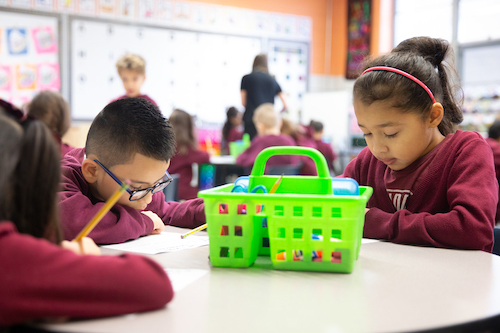
Fact Sheet
Big Ideas for Growing Writers – Students Version
This worksheet can help students work on the 5 Big Ideas for Writing with their teachers.
Topics: Literacy


Fact Sheet
Big Ideas for Growing Writers – Teachers Version
This worksheet can help teachers work on the 5 Big Ideas for Writing with their students.
Topics: Literacy


Fact Sheet
Tools for fostering early word recognition: embedded mnemonics samples
One hurdle for young students who are beginning to read is learning letter names, shapes, and sounds. To help students master these arbitrary pairings between letter shape and letter sound, using letter-embedded mnemonics has been found to be more effective than using letters on their own or letters accompanied by a picture. Try out this sample set of embedded mnemonics with your early learners!
Topics: Early learning, Instructional strategies, Literacy, Professional learning
Products: Professional Learning
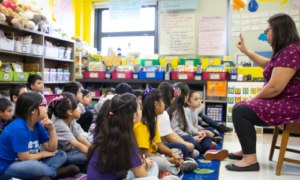
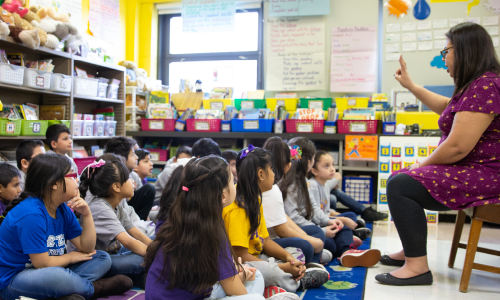
Webinar
The science of reading for leaders: Helping your teachers shift instructional practice
According to the National Assessment of Educational Progress, 37% of 4th grade students performed below basic level in 2022, which is not significantly different from scores in 1992. This webinar for district leaders discusses how to apply the science of reading in making real change.
Topics: Assessment, Early learning, Instructional strategies, Leadership, Literacy
Products: MAP Reading Fluency, Professional Learning
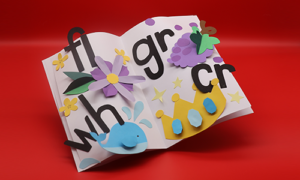
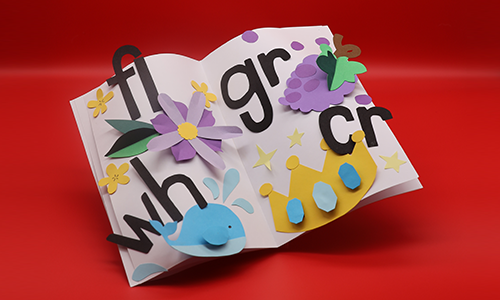
Guide
4 simple ways to apply the science of reading to your classroom
The “science of reading” has become one of those ubiquitous buzzword phrases in education. Educators may find themselves wondering, “What are the implications of the science of reading for me, my students, and my whole approach to literacy instruction?” Answer those questions and more with this detailed guide.
Topics: Early learning, Education research, Instructional strategies, Literacy
Products: MAP Reading Fluency
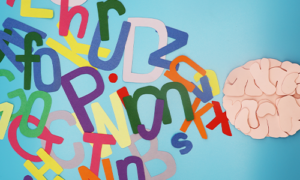
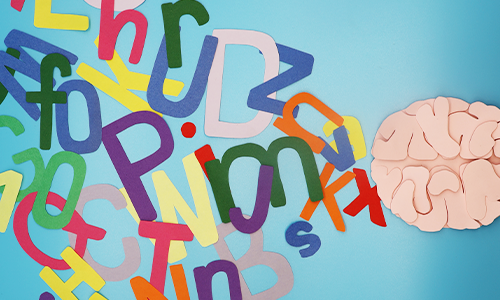
Article
6 ways to level up with the science of reading
Implementing the science of reading is an ongoing process to shift instructional strategies to evidence-based practices. Two literacy experts from NWEA® share six ways literacy educators can continue to build on their progress and take the science of reading to the next level.
Topics: Early learning, Education research, Instructional strategies, Literacy
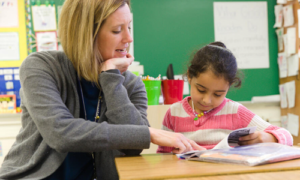
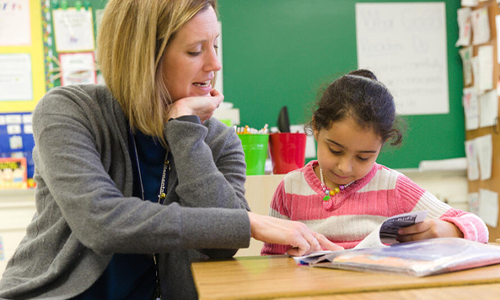
Article
10 time-saving tips for literacy instruction
Literacy subject-matter experts share their best time-saving instructional and operational strategies to support young readers. Learn how incorporating them into your routine can preserve valuable instructional time.
Topics: Early learning, Education research, Instructional strategies, Literacy, Professional learning
Products: MAP Reading Fluency